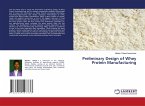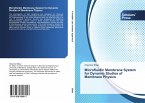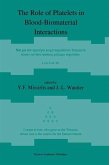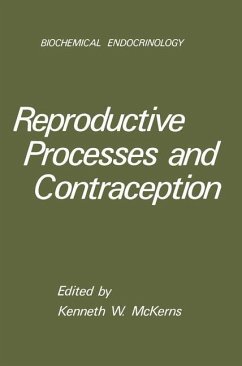One the most daunting technical challenges in the realization of biosensors is functionalizing transducing surfaces for the detection of biomolecules. Functionalization is defined as the formation of a bio-compatible interface on the transducing surfaces of bio-chemical sensors for immobilizing and subsequent sensing of biomolecules. Conventional functionalization protocols are associated with lengthy process times, from hours to days. The objective of this work is the improvement of the functionalization protocols and their kinetics for biosensing applications. This book provides the details of modeling and experimental verification of novel functionalization techniques in microfluidic environments. The improved functionalization protocols using microfluidics reduces the processing times and the amount of reagents consumed, compared to conventional methods.







